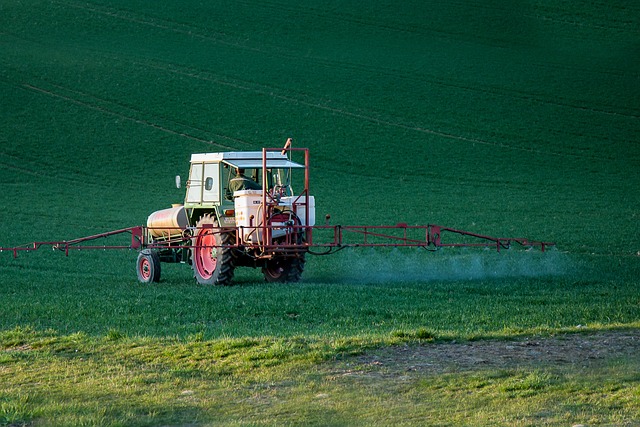Engage licensed pest control professionals for safe, effective management of diverse pests like ants, rodents, bed bugs, cockroaches, and termites. Their rigorous training, certifications (e.g., NPMA's CPCO), adherence to safety protocols, and use of eco-friendly products protect your family, pets, and environment. Reputable licensed pest control services offer tailored treatments, maintain quality assurance, and provide ongoing support for prevention through proper ventilation, cleaning, and repairs. Prioritize reputable firms committed to customer satisfaction and responsible pest management practices.
In today’s world, effective yet safe pest control is paramount for maintaining healthy living spaces. Understanding the legal aspect of licensed pest control ensures professionals adhere to stringent regulations. Choosing certified experts brings numerous benefits, including specialized knowledge and safety-focused practices. This article explores various certifications, their significance in modern pest management, and eco-friendly approaches. Learn how professional treatments target common pests while prioritizing customer satisfaction and environmental preservation for a healthier, safer home.
Understanding Licensed Pest Control: The Legal Aspect
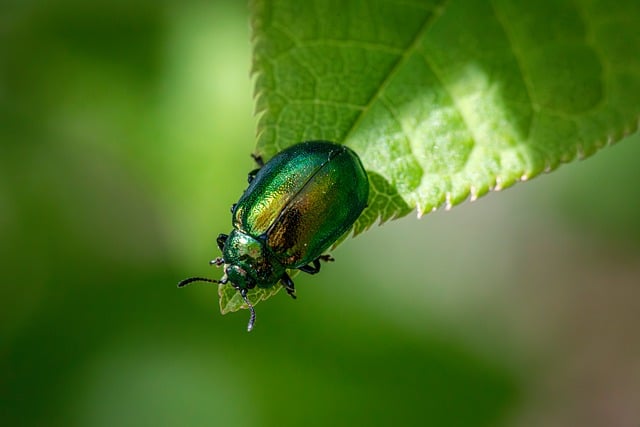
When it comes to pest control, engaging licensed professionals is paramount for both safety and effectiveness. In many regions, pest control services must obtain specific licenses to operate legally, ensuring they meet stringent industry standards. These regulations cover various aspects, from handling chemicals safely to adhering to environmental protection guidelines.
Obtaining a license involves rigorous training, examinations, and adherence to local laws. Licensed pest controllers are equipped with the knowledge and skills to identify different pests, employ appropriate control methods, and minimize risks associated with pesticides. This legal requirement safeguards consumers by preventing the unauthorized use of potentially harmful chemicals and ensuring consistent quality in pest management services.
Benefits of Choosing Certified Professionals
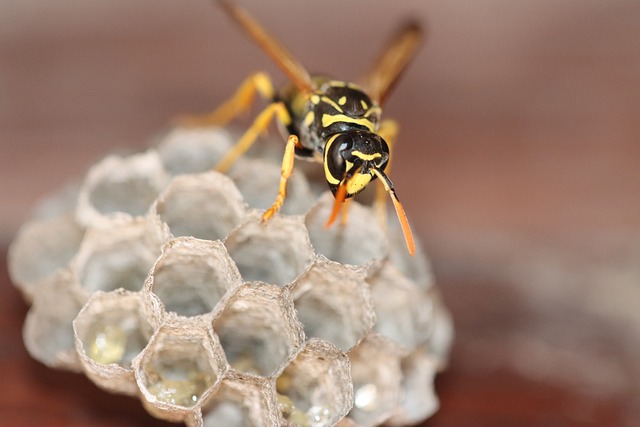
Choosing certified professionals for your pest control needs offers numerous advantages. Licensed pest controllers undergo rigorous training and education, ensuring they possess the necessary skills and knowledge to handle various pests effectively. This certification guarantees that the technicians are up-to-date with the latest industry standards, safety protocols, and eco-friendly practices. By employing certified experts, you can rest assured that your property is in safe hands.
Moreover, these professionals use approved methods and products, minimizing potential risks to your family, pets, and the environment. They follow strict guidelines to prevent any adverse effects, ensuring a healthier living space. Certified pest control services also provide peace of mind, as they offer ongoing support and regular inspections to maintain a pest-free environment. This proactive approach helps prevent future infestations, saving you time, money, and the hassle of repeated treatments.
Types of Certifications and Their Importance
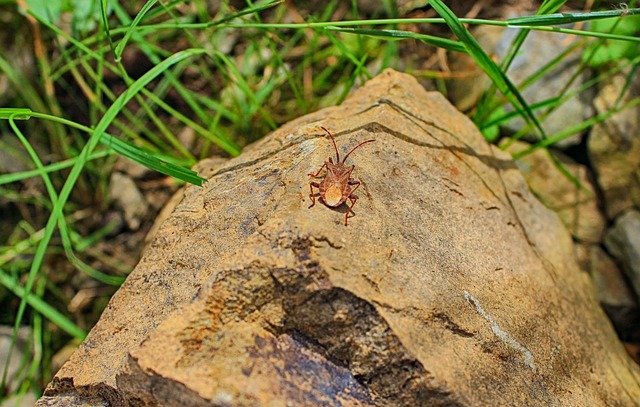
Pest control professionals can earn various certifications that validate their expertise and commitment to industry standards. These certifications ensure clients receive safe, effective, and environmentally responsible pest management services. One of the most recognized is the Certified Pest Control Operator (CPCO) certification from organizations like the National Pest Management Association (NPMA). This certification demonstrates proficiency in pest identification, control methods, and safety protocols.
Additionally, specific product-focused certifications are crucial for licensed pest control technicians. These certifications ensure professionals are trained to use pesticides safely and responsibly. Always opt for certified specialists when addressing pest issues, as their knowledge translates to reduced risks for your family, pets, and the environment, promoting a healthier and more sustainable living space.
Safety Measures in Modern Pest Control Practices
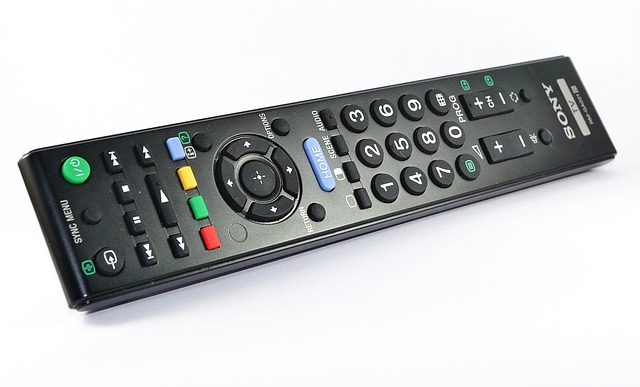
In modern pest control practices, safety is paramount. Licensed pest control professionals prioritize the well-being of both their clients and the environment by adhering to stringent safety measures. These include wearing protective gear such as gloves, masks, and goggles to prevent direct contact with harmful chemicals. They also ensure proper ventilation during treatments to minimize exposure to fumes.
Furthermore, licensed pest control experts use eco-friendly and certified products whenever possible, reducing the environmental impact of their work. They are trained in the safe handling and disposal of these products, ensuring that they do not contaminate water sources or harm beneficial insects. Regular training and updates on safety protocols guarantee that they stay current with best practices, making pest control services both effective and secure for everyone involved.
Environmental Impact: Eco-Friendly Approaches

In the pursuit of effective pest control, it’s crucial to consider the environmental impact of commonly used methods. Traditional pest control often relies on toxic chemicals that can pose significant risks to local ecosystems and human health. This is why many licensed pest control services are now embracing eco-friendly approaches. These methods prioritize the use of natural or minimally harmful substances, such as plant-based oils, insect growth regulators, and beneficial insects. By opting for greener alternatives, these services reduce pollution, preserve biodiversity, and ensure a safer living environment for everyone, including pets and children.
Eco-friendly pest control not only benefits the outdoors but also contributes to long-term sustainability. It promotes a balanced ecosystem where pests are managed without damaging natural habitats. This approach is particularly important in urban areas where the concentration of chemicals can be high due to dense populations and frequent use. Licensed pest control experts who adopt these practices demonstrate their commitment to both effectiveness and environmental stewardship, ensuring that modern pest management aligns with ecological well-being.
Common Pests and Specialized Treatment

Pest infestations can vary greatly, with different species requiring specialized treatment. Common household pests include ants, rodents, bed bugs, cockroaches, and termites. These intruders not only cause discomfort but also pose health risks and property damage if left unchecked. A licensed pest control service is equipped to handle these diverse issues, employing safe and certified methods tailored to each specific pest.
Specialized treatments for common pests reflect both the unique biology of each species and the latest in environmental safety standards. For example, bed bug extermination requires careful application of heat or targeted chemicals to disrupt their life cycles, while termite control may involve baiting systems that target the entire colony without harming nearby structures or wildlife. A reputable licensed pest control service ensures these treatments are applied responsibly, minimizing risks to people and the environment.
Customer Satisfaction and Quality Assurance
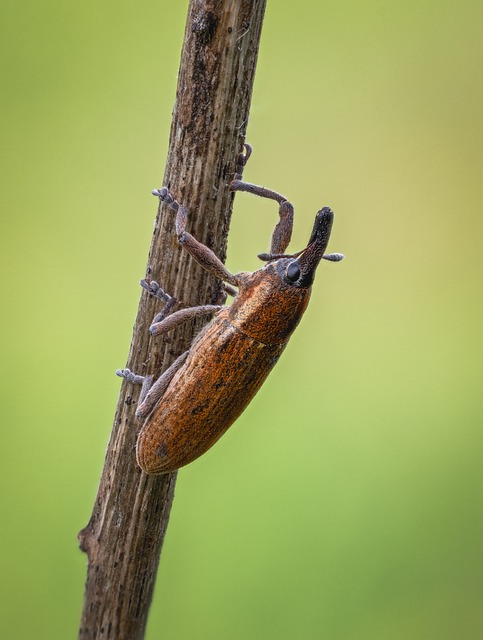
When choosing a pest control service, customer satisfaction and quality assurance should be top priorities. Look for a licensed pest control company that stands behind its work with guaranteed results. Reputable firms understand the importance of providing excellent service, ensuring your peace of mind and the safety of your family or workplace.
They invest in ongoing training for their technicians to stay up-to-date on industry best practices and utilize eco-friendly, safe pest control methods. By prioritizing customer satisfaction and employing licensed professionals, these companies build trust and long-lasting relationships with their clients.
Maintaining a Healthy and Safe Environment Post-Pest Control
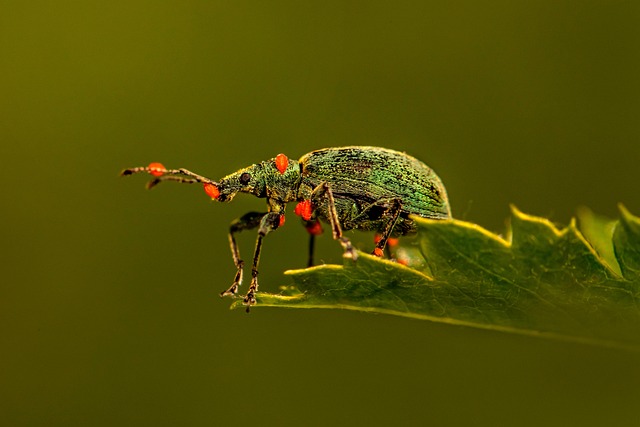
After a successful pest control treatment, maintaining a healthy and safe environment is crucial. One of the key steps is ensuring proper ventilation throughout your space. Well-ventilated areas not only improve air quality but also help to prevent future pest infestations by reducing moisture levels and eliminating stagnant air, which pests find appealing. Regular cleaning and sanitizing practices are equally important to maintain a safe space. This includes wiping down surfaces, vacuuming floors, and regularly laundering bedding and curtains to eliminate any residual pest particles or eggs.
Additionally, it’s essential to keep your environment free from potential food sources that might attract pests. Store food in airtight containers, promptly clean up spills or crumbs, and regularly inspect for and repair any leaks or entry points. Using licensed pest control services ensures that these critical steps are taken care of effectively, leaving you with a safe and healthy living or working space.
